Opera 41 Stable is out
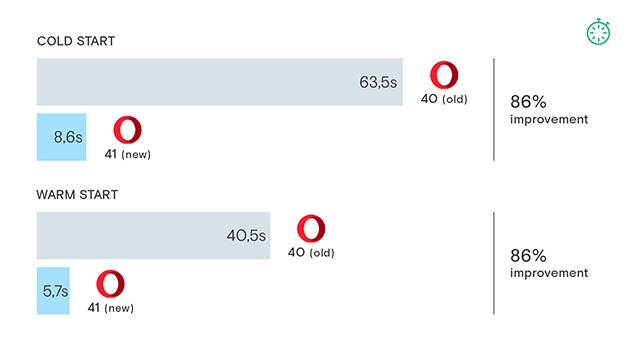
Opera Software has just released Opera 41, a new stable version of the popular cross-platform browser for all supported desktop operating systems.
Probably the biggest new feature of Opera 41 is the improvement in startup time that the browser ships with. According to Opera Software, Opera 41 shows an improvement of up to 86% in startup time when compared to previous versions.
The improvement in startup time decreases with a decreasing number of tabs that session restore needs to load. For a set of about 10 tabs, it is still above 50% according to Opera Software.
This is achieved by a new prioritization function that concentrates on loading pinned tabs and the active tab first on start. All other tabs open in Opera 41 are loaded with lower priority, and Opera Software notes that startup feels near instant for users when Opera is configured to load the previous browsing session.
Opera 41 Stable
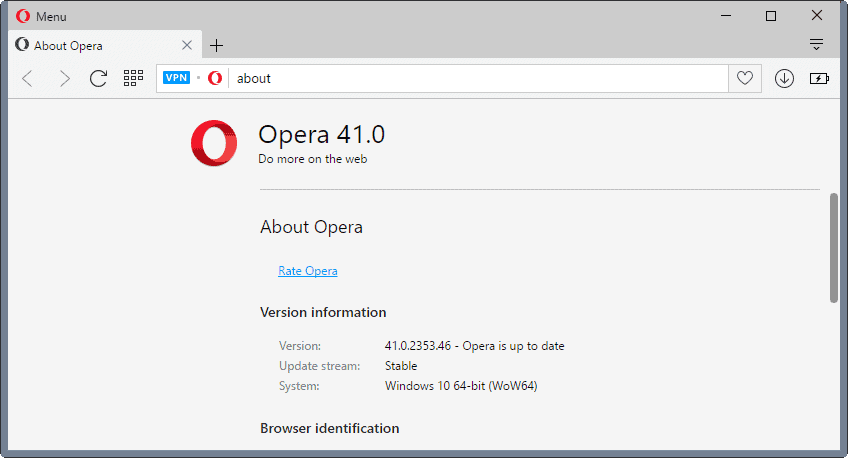
These improvements are only beneficial on systems where Opera is configured to load the previous browsing session. Users who load a single homepage on each start, or start with a blank page, won't see any of the improvements. Then again, Opera should start pretty fast on those machines already.

Opera 41 ships with two additional improvements that will benefit some users. First, Opera 41 promises better battery time when video conferencing via WebRTC by prioritizing hardware-acceleration supporting codecs when available.
Additionally, Opera may try to limit the pixel count when in the browser's battery saving mode if possible to reduce CPU usage during video conferencing.
The second improvement benefits the browser's new video pop-out mode. As you may know, you can use Opera to pop-out videos to play them in their on little window instead of the main browser window. This allows you to play the video in a smaller play area, and continue using the browser or other programs at the same time.
The mode is fully hardware accelerated in Opera 41 which means that the CPU is used less when the mode is active. According to Opera Software, video pop-out uses roughly 30% less CPU in Opera 41.
Last but not least, several improvements went into the Personal News reader of Opera. Among the many changes are previews of feeds, options to add feeds even if the exact RSS feed URL is not known, and a reduction in recommendations.
In case you are wondering, no word on the 64-bit version of Opera Stable for Windows. Opera Software did mention previously however that it plans to launch 64-bit builds when Opera 42 Stable gets released.
Check out our Opera 41 Beta guide to find out more about the newly launched features. The guide offers instructions on how to manage these features which you may find useful if you run into issues using them.
You find additional information about Opera 41 on the official Opera Desktop blog. And if you are interested in a full list of changes, check out the changelog.
Now You: Have you tried Opera 41? What's your take on the new version?



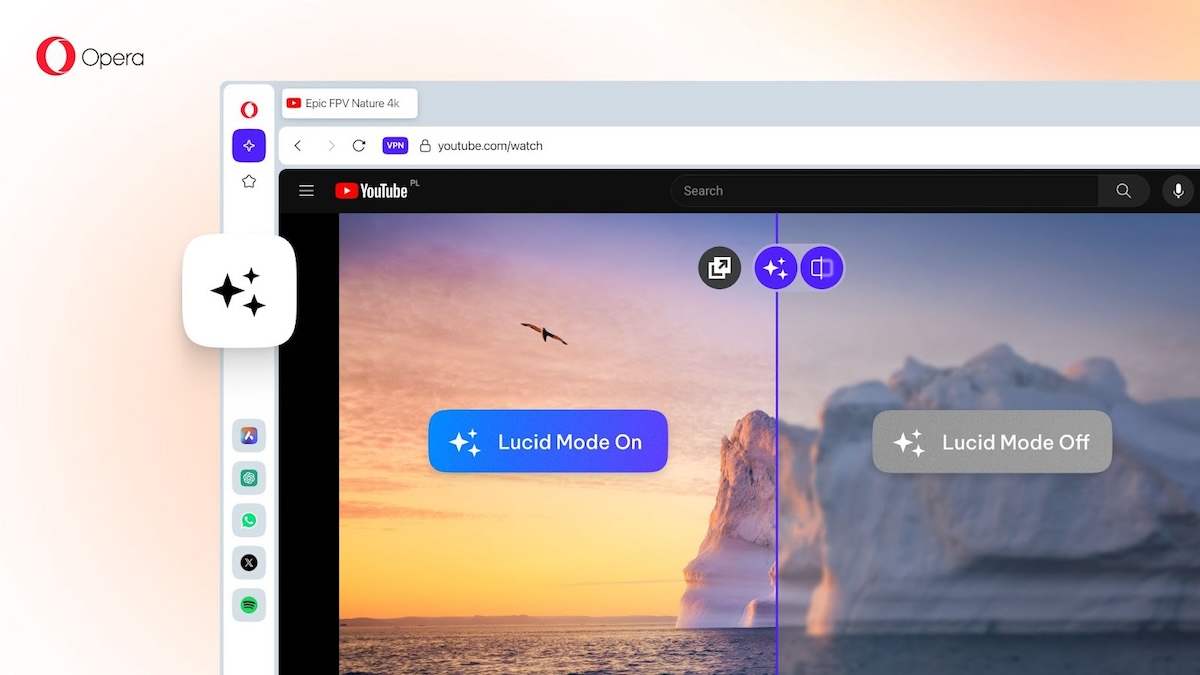

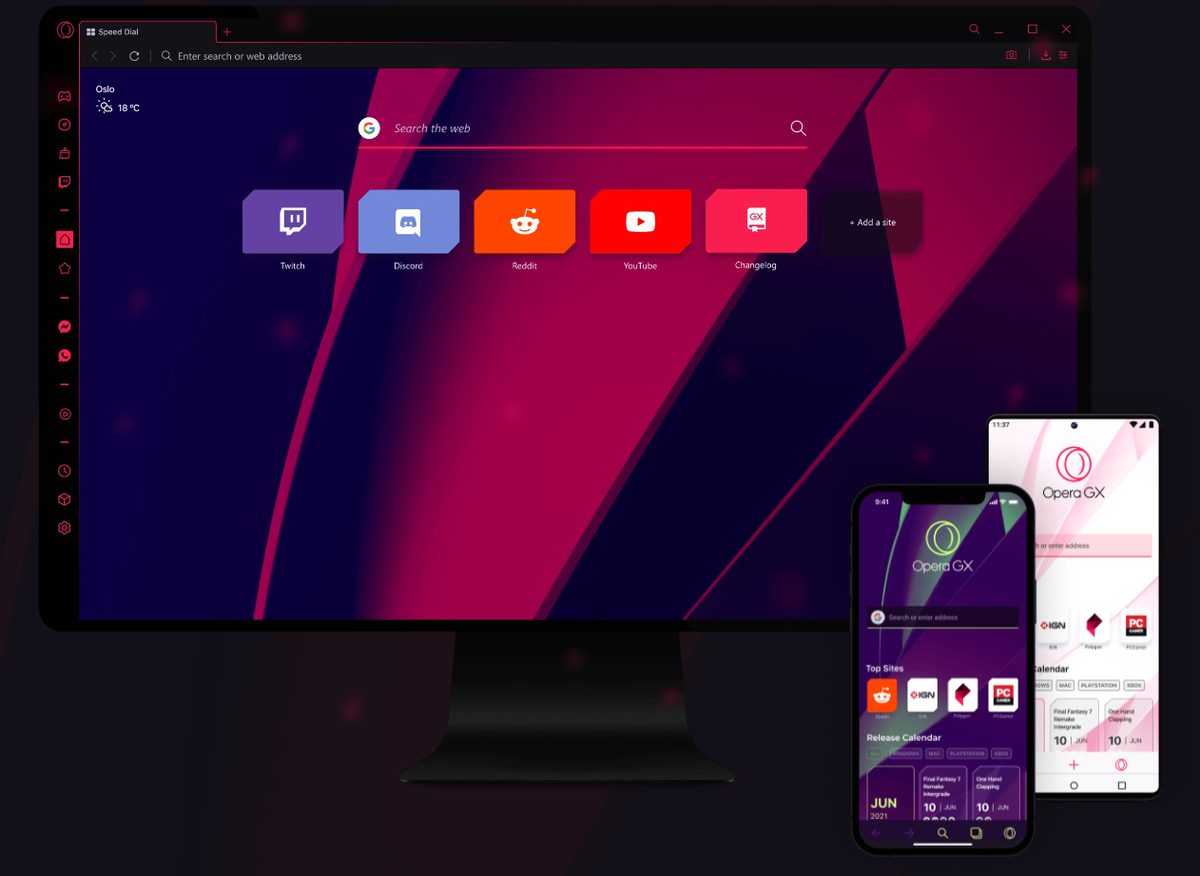
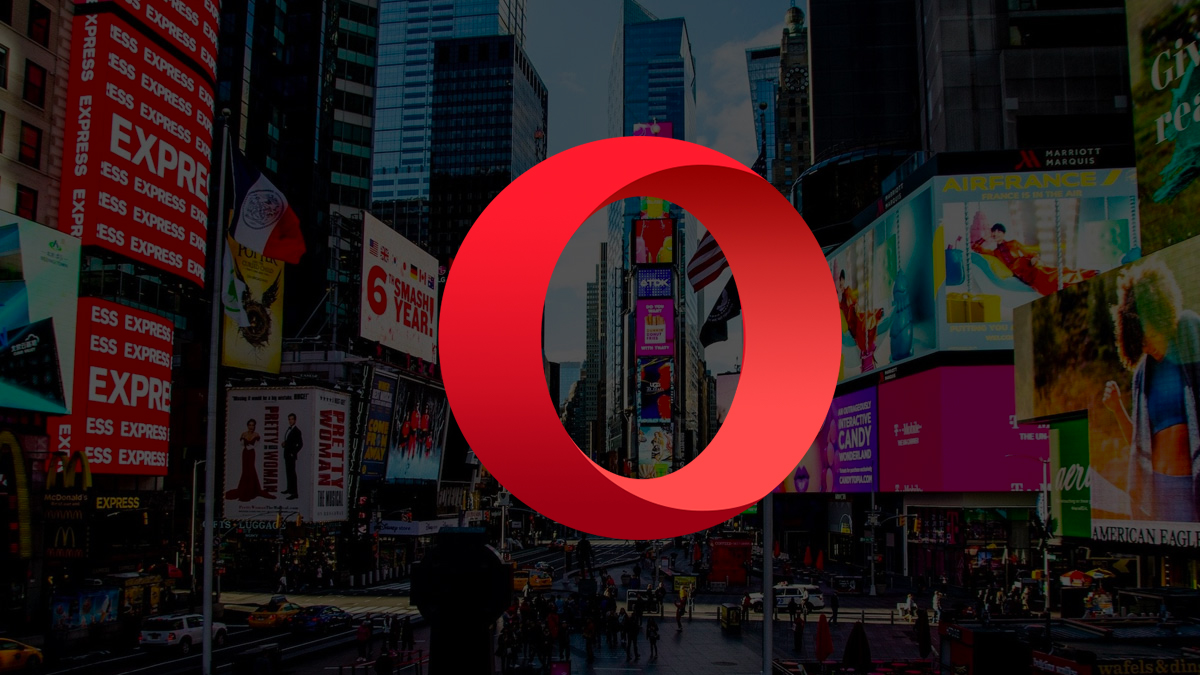
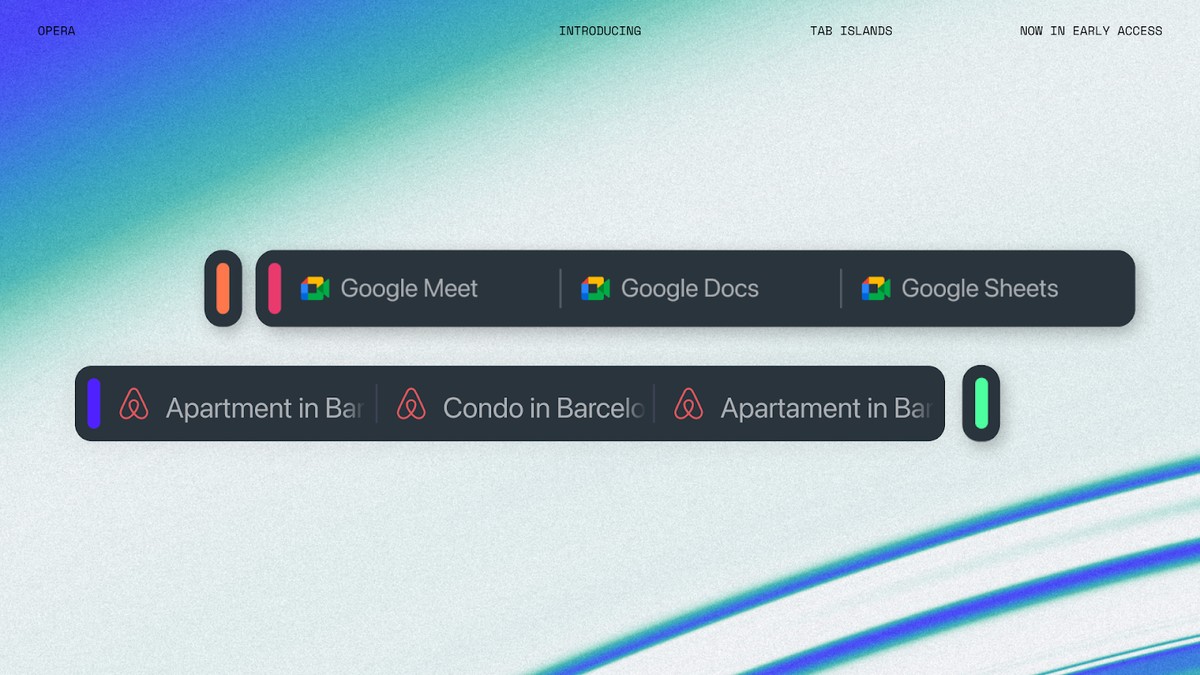
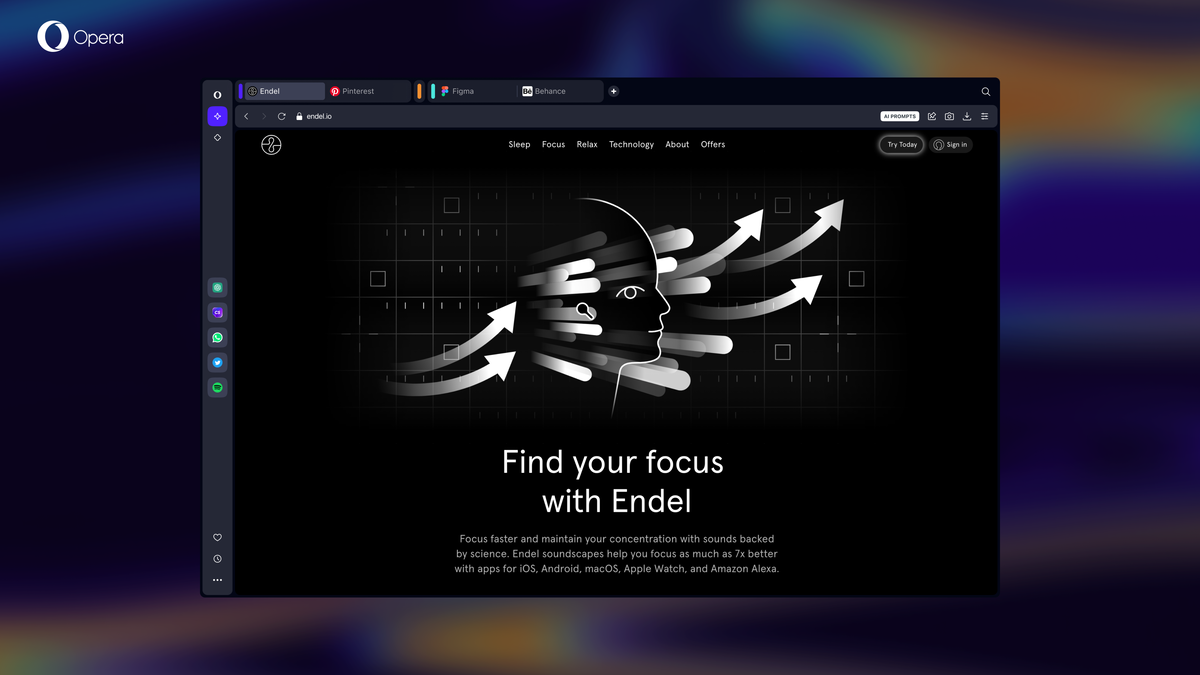











V is my choice for the past year.
I use opera only when V causes problems with high HDD usage (recurring bug they can’t seem to solve)
Exactly why Vivaldi isn’t my main browser yet. And it’s not just HDD usage, but CPU load too. Although, the latter has gotten a whole lot better since version 1.3. Overall, Vivaldi is still not at par with Chrome or Opera performance-wise. And that might be due to it’s design. If I remember correctly someone on here mentioned that Vivaldi’s GUI is realizied via Chromium’s API for apps. So I guess that would make sense then.
Still no home button. And bookmark import/export is still a mess.
Chrome stable and extensions important to me have been my default browser. Vanilla Firefox and Opera in the past have just been backup browsers for troubleshooting a problem site in Chrome. Opera 41 looks like it may replace my default Chrome, now that it’s as stable as it is, with features unavailable in Chrome. Thanks to a recent prior Ghacks replier, I now can use all my favorite Chrome extensions in Opera by first installing “Download Chrome Extension” from
https://addons.opera.com/en/extensions/details/download-chrome-extension-9/?display=en .
Edge, or IE11 or Firefox are still exclusively required for a few sites I visit, but Opera 42 x64 may make it as my default browser, particularly if Chrome extensions still work then.
Don’t know what’s going on at Opera, but in recent weeks their LInux repository frequently has been unavailable and no one seems to be monitoriing it.
Yes, it happened 2-3 times but it always got fixed the next day. Weird.
The Opera auto update installed v41 today but on restart my stylish add-on (Chrome version) keeps disabling itself. Bug report filed.
I would like to try Opera 64-bit version, but I want to know how the browser is going to be run with ownership in Chinese hands. I seem to recall reading an article which said that Opera staff will carry on running it as they always have, if you have a new boss, you do as they tell you.
Just a little thought on Vivaldi browser, even though I do like it. I cannot get my head around allowing extensions from another browser to work on yours. Yes I am aware that it is based on Chromium, but it to me it doesn’t feel right. As to the syncing aspect, as it is a new browser I can see that happening in the future.
Another comment on extensions, you can use a Microsoft Edge Extension Toolkit to get Chrome extensions to your Edge browser. I wonder if all browsers will be doing this, as even on Martins excellent blogsite mentions, you can get chrome extensions to firefox.
They’d have Chinese shareholders, but as Opera is still a Norwegian company it would still be subject to their privacy laws.
I don’t notice any big changes but that’s good. Love the free VPN. It might be using a bit less RAM than before, especially after surfing for a while and closing all tabs except one. Still testing. :-)
Are they ever going to update the Android app? I’m still on v37 from June 15.
I don’t think the mobile version uses the same numbering scheme. Opera beta on android just got a big UI update and it’s still version 37.x
Wow! I didn’t realize that. I’ve been using Opera Mini browser for Android as a secondary browser, which has been working fine, and seems to be more actively updated. Current version of Opera Mini browser for Android was last updated two weeks ago on October 10, 2016.
dont care anymore about opera moved to vivaldi
its the way togo opera has gone corporate
For me opera is still much better than vivaldi because among other things:
1. Opera’s speed dial implementation is much better (IMO). Vivaldi has annoying issues (for example it often has trouble generating thumbnails for some websites (basically any site that has some sort of loading transition (e.g. slack) and you will end up with just an empty white thumbnail). Opera waits until the site is fully loaded before getting the SD image AND offers you choices of other sd image (and a text based fallback).
Vivaldi also has no thumbnails on speed dial folders, so if your main sd page contains a lot of folders it’s difficult to tell at a glance what is in the folder (and it just makes the sd look really…monotonous with a bunch of identical folder images).
Lacks basic features like being able to drag a speed dial into an existing speed dial folder without having to go into the bookmarks manager
The only thing I can see that vivaldi’s speed dial does better is that it offers a refresh button for speed dial thumbnails, and the ability to have more than 1 page (neither of which is important to me compared to the above).
2. No sync (this is a total dealbreaker for me)
3. No android version (I like to be able to run the same browser on all devices and sync between devices)
4. Opera has a better looking/more native UI (especially on windows 10/osx).
Vivaldi has potential but it’s nowhere near the point where I’d consider using it as my main browser currently.